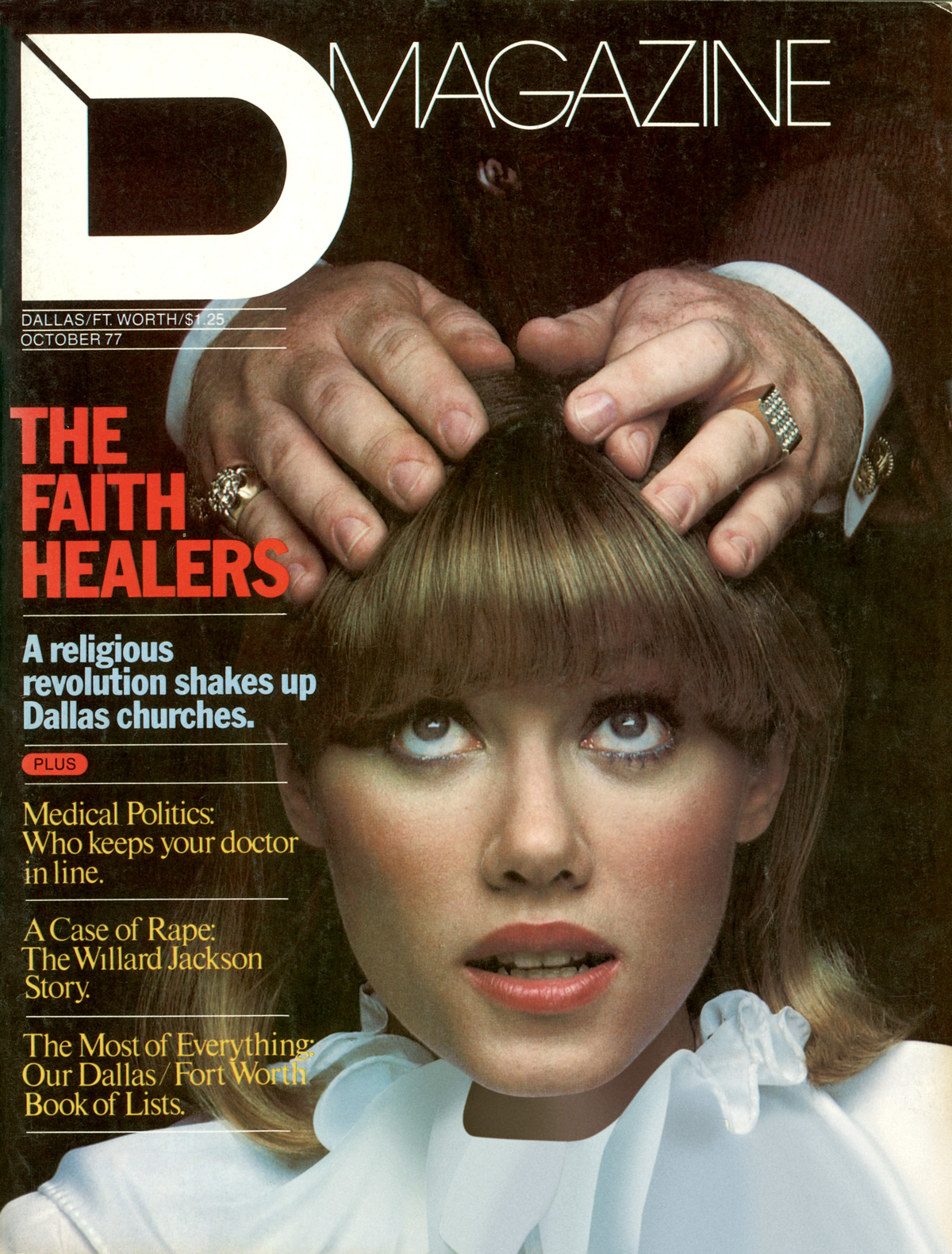1 On the day Elvis Presley died, a story by Chicago columnist Bob Greene had ironically already been passed onto the news wires shortly before El-vis’ death, the story from Pres ley’s former bodyguard describ-ing Elvis’ problems with drugs and various neuroses. The Dal-las Times Herald picked up the suddenly timely story and ban-nered it across the top of page one of their late afternoon edi-tion. Unfortunately, it was not their story to print. The Herald had, a month before, cancelled their syndication contract with Bob Greene. The Dallas News had then purchased the rights to Greene, though they had not yet begun to print his stories. Technically, then, the News had exclusive rights to that hot story – but the Herald grabbed it and printed it first.
Management at the News screamed “Foul” and reportedly was outraged by the theft. Management at the Herald claimed “Accident,” that their news editor hadn’t been aware of the contractual change when the story came over the wires. As it turns out, the News may be glad the Herald made the blunder: Herald readers were so incensed that a story about King Elvis using drugs was trumpeted on the very day he died that in the next three days some 55 of them cancelled their subscriptions.
2. Tom Peeler of Dallas was an Elvis fan back when Elvis was still a hillbilly singing songs like “Milk Cow Blues Boogie.” When Presley died he was saddened as much as anyone, but couldn’t help noting an ad in the local classifieds, among the rash of similar ads that suddenly sprang up, offering to sell one of Elvis’ oldies for $6,500. Tom couldn’t resist the temptation to put his own Elvis oldies on the market.
So he placed an ad, sat back and awaited bids. The response was overwhelming. But not with offers to buy. Ninety-five percent of the callers were people who likewise had Elvis records to sell – they were simply scouting bids to keep their own treasures competitive. For a week, the phone rang off the wall as the marketeers sought progress reports. Meanwhile a story in the newspaper reported that a woman claimed she’d received a bid of $5,500 for her copy of “’That’s All Right.” Tom’s high bid for his copy of the same record was a paltry $200 from a guy named Billy Bob who wanted to hang it on the wall of the Sportatorium. Tom agreed but after several missed connections, the deal fell through. His $85 deal for “Good Rockin Tonight” crumbled when the bidder said he had to pay his doctor bill instead.
As far as Tom can figure, the only real winners in the Elvis Sweepstakes are the newspapers. The Dallas News, for example, ran 103 “rare Elvis” classifieds in the second week after his death (not to mention the $1.35 they were charging for back issues of their special color section on Elvis). “The Elvis experts say that only 20,000 copies of “That’s All Right’ were made,” says Tom. “If that’s true, 19,000 of them must be in Dallas.” Tom’s net profit for the endeavor? Minus $18 -the cost of the ad.
Get our weekly recap
Brings new meaning to the phrase Sunday Funday. No spam, ever.
Related Articles

Arts & Entertainment
DIFF Documentary City of Hate Reframes JFK’s Assassination Alongside Modern Dallas
Documentarian Quin Mathews revisited the topic in the wake of a number of tragedies that shared North Texas as their center.
By Austin Zook

Business
How Plug and Play in Frisco and McKinney Is Connecting DFW to a Global Innovation Circuit
The global innovation platform headquartered in Silicon Valley has launched accelerator programs in North Texas focused on sports tech, fintech and AI.

Arts & Entertainment
‘The Trouble is You Think You Have Time’: Paul Levatino on Bastards of Soul
A Q&A with the music-industry veteran and first-time feature director about his new documentary and the loss of a friend.
By Zac Crain


